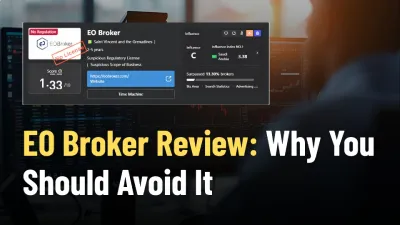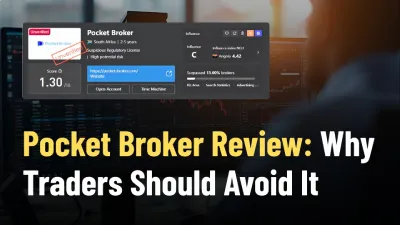Abstract:The FCA restricts London Capital Group's activities, barring them from onboarding new clients following FlowBank's bankruptcy.

The Financial Conduct Authority (FCA) of the United Kingdom (UK) has placed severe limitations on London Capital Group Ltd (LCG), a retail FX and contracts for differences (CFD) broker. The Swiss regulator launched this case after the insolvency of LCG's parent business, FlowBank.
Bankruptcy of FlowBank and its Impact on LCG
The FCA's decision came after the Swiss Financial Market Supervisory Authority terminated FlowBank's license and filed for bankruptcy on June 13, 2024. FlowBank, formed by former LCG CEO Charles-Henri Sabet, has suffered substantial financial difficulties, which has led to its present situation.
Charles-Henri Sabet, who created FlowBank in 2020, purchased LCG in 2018. He dissociated it from the now-defunct London Capital Group Holdings. LCG experienced significant changes under his tenure, including a shift in business strategy last year to become an introducing broker for IG, a former rival.
Implications and Restrictions
The FCA has imposed various rigorous limitations on LCG, including suspending new customer onboarding and accepting new client funds. LCG is also barred from engaging in any regulated operations, as well as disposing of or decreasing its own assets or client cash, whether in the UK or elsewhere.

According to a notification on LCG's UK website, “LCG has engaged an independent firm to determine the current financial status of the UK entity.” While this review is underway, LCG has requested that the FCA put some limits on our regulatory permits. The corporation has also advised its current customers to withdraw their monies, assuring them that they are safe in ring-fenced, authorized client money accounts.
Legacy Customers and Business Continuity
LCG recommends that legacy customers who still have accounts with the business should remove their monies. These limitations do not, however, impact customers of LCG's Introducing Broker/Partnership business who have accounts with partner companies. Their accounts are operational as usual.
While LCG's UK business is subject to these limitations, its Bahamas sister entity has yet to post any regulatory notification, suggesting that it is unaffected by these events.
The Majority Shareholder of FlowBank Responds
In reaction to the Swiss regulator's measures, FlowBank's main shareholder has sharply condemned the decision, dubbing it a breach of rights. The shareholder has said that he would pursue “all necessary procedures” against the regulator, implying that he may file a lawsuit.
The current scenario with LCG and FlowBank highlights the difficulties that financial organizations confront when negotiating regulatory frameworks across various countries. The FCA's decisive steps demonstrate the regulator's dedication to safeguarding clients' interests in the midst of financial turbulence. The ramifications for LCG's customers and the wider market will be carefully watched as the independent evaluation of its financial position progresses.











